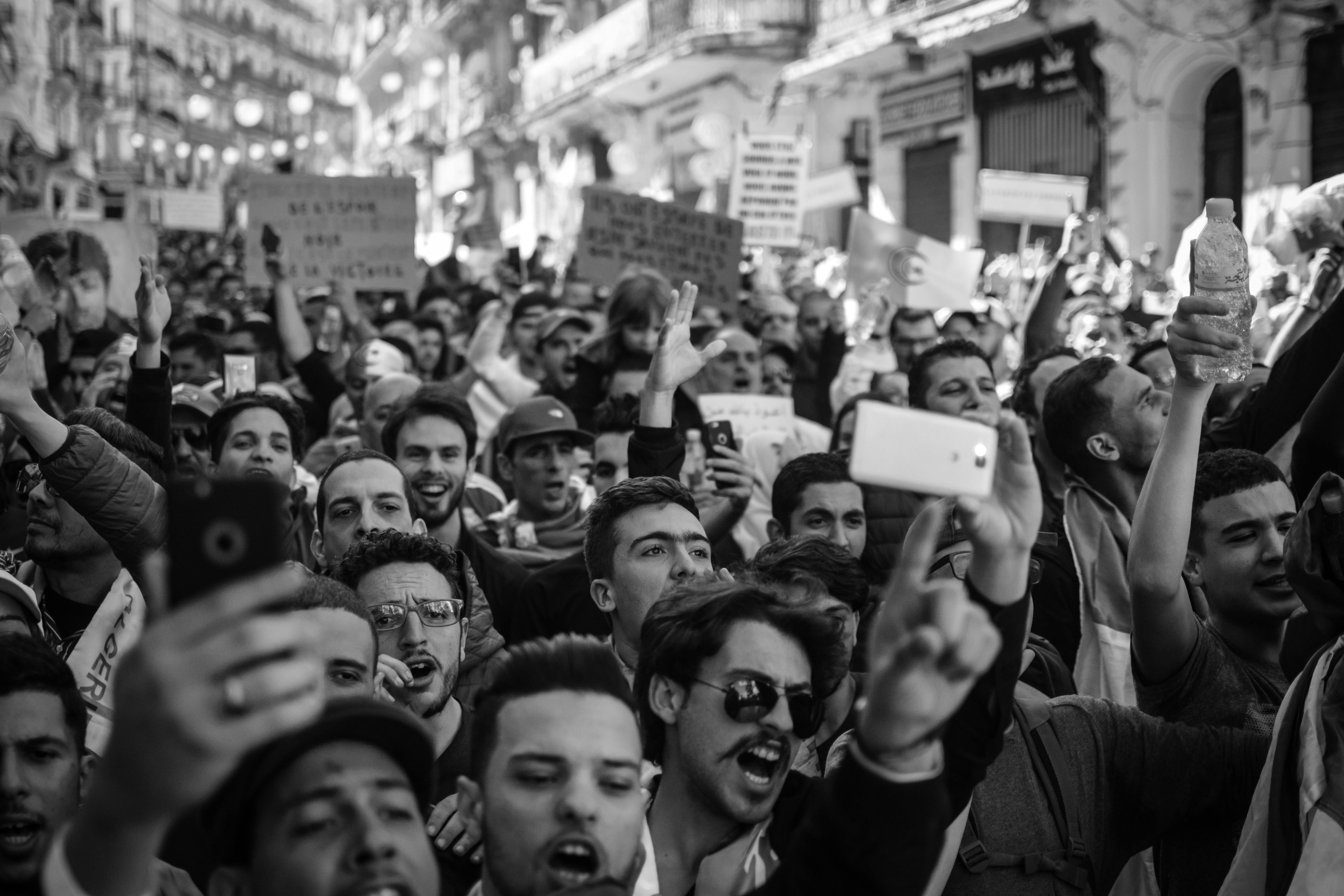Male feminists have significantly contributed to the progress of gender equality across centuries, actively supporting feminist movements and challenging societal norms. Their involvement underscores the fact that feminism is a human rights issue, not confined to any single gender. By reflecting on historical contributions and exploring modern pathways for male allyship, this article illuminates the importance of engaging men in the fight for gender equity.
This article will provide a detailed exploration of the history of male feminists, their contributions, and the challenges they face. Readers will also find practical strategies and inspiring real-life examples to understand how male allyship has shaped feminist movements and why it remains indispensable today.\
Overview of Male Feminism and Its Significance
Male feminism plays a crucial role in advancing gender equality by challenging patriarchal norms from within. When men actively support feminist values, they help create more inclusive spaces and amplify voices that have historically been marginalized.
What is a male feminist, and why does it matter?
A male feminist is simply a man who supports and actively advocates for gender equality. This involves rejecting patriarchal structures that harm all genders and taking actionable steps to address issues like sexism, equal representation, and gender-based violence. Men’s involvement in feminism matters because they hold positions of power that allow them to challenge oppressive systems, amplify women's voices, and leverage their influence to create meaningful societal change.
Why do we need male feminists in today’s society?
In modern feminist movements, male allies contribute by acting as bridges to broader audiences that might otherwise push back against gender equality. Their unique perspectives allow them to engage with deep-rooted cultural narratives around masculinity, dismantling toxic ideologies and helping create a more inclusive society. By standing with women, male feminists amplify the reach and resonance of feminist efforts.
Feminism, masculinity, and activism: How do they intersect?
Feminism offers men an opportunity to redefine masculinity by rejecting traditional notions that often equate it with dominance or aggression. Activism rooted in intersectionality provides a framework for men to consider the overlapping oppressions that impact different groups, allowing for more holistic approaches to social change. In essence, embracing feminism is about creating a society that uplifts everyone through equality and mutual respect.
Roots and Historical Evolution of Male Feminism
The history of male feminism stretches further back than many assume. Even before the term "feminism" existed, several male thinkers and writers advocated for women’s rights, laying early groundwork for future movements.
Are there pre-18th century male feminists or proto-feminists?
Male advocacy for gender equality dates back to early history, though not formally labeled as feminism. Philosophers like John Stuart Mill in the 18th and 19th centuries laid intellectual groundwork for gender equality through discussions of liberty and justice—but male proto-feminists existed even earlier. Ancient philosophers, such as Gaius Musonius Rufus in ancient Rome, critiqued gender inequalities within their societies, advocating for shared virtues and education for all.
How did suffragist men contribute to feminist movements?
Men like Frederick Douglass and Henry Blackwell were pivotal in the women’s suffrage movement. Douglass, for instance, used his platform as an abolitionist to also advocate for women's voting rights. Henry Blackwell, an outspoken supporter of suffrage, not only campaigned through speeches but also co-founded organizations that promoted gender equality. These suffragist men saw the interconnection between human rights causes and championed movements beyond their own immediate identities.
From abolition to feminism: How did men support multiple justice movements?
During the 19th century, individuals like Parker Pillsbury embodied the intersection of abolitionist and feminist causes. Pillsbury often spoke at women's rights conventions and emphasized how oppression, regardless of its nature, needed collective action to be dismantled. These early male feminists understood that justice movements were interconnected and that progress in one area contributed to progress in another.
Famous Male Feminists and Their Contributions
Profiles of 7 suffragist men and early allies
Some of history’s most notable male suffragists include:
-
Henry Blackwell: Co-founder of the American Woman Suffrage Association, worked tirelessly to promote equal rights for women.
-
Frederick Douglass: Integrated women’s suffrage into abolitionist activism, famously speaking at the Seneca Falls Convention.
-
William Lloyd Garrison: Advocated for universal suffrage and equal political rights for all genders.
-
Francis Minor: Played a key role in legal arguments for women's constitutional voting rights.
-
Parker Pillsbury: Tied abolitionist goals to women's rights during the mid-19th century.
-
George Francis Train: Financial supporter of women's suffrage newspapers to help amplify their platform.
-
Rev. Thomas Wentworth Higginson: Participated actively in organizing and backing suffrage conventions.
27 famous men who proudly call themselves feminists
Contemporary male feminists include public figures from various fields:
-
Celebrities such as John Legend, Harry Styles, and Terry Crews highlight gender equality through their platforms.
-
World leaders like Justin Trudeau and Barack Obama have used political influence to prioritize gender-focused policies.
-
Artists and performers, including Mark Ruffalo, Daniel Radcliffe, and Joseph Gordon-Levitt, also take public stances to normalize male involvement in feminism.
According to a 2023 study conducted by Rutgers University, visible male feminist advocates increased public engagement with equality campaigns by 42%.
#HeForShe: How has this campaign created male allies?
Launched by the United Nations, HeForShe successfully engaged men across the globe by promoting inclusivity and education about gender rights. The campaign encouraged men to take ownership of their role in achieving gender equality and inspired millions through its accessible platforms. Other movements aspiring for similar success must emphasize storytelling, clear goals, and collaboration at both grassroots and institutional levels.
Challenges and Critiques of Male Feminism
Despite good intentions, male feminism often faces scrutiny. Critics argue that some men may center themselves in feminist spaces or adopt the label without engaging in meaningful action. This tension highlights the importance of accountability and allyship over performative support.
Why is there backlash against men identifying as feminists?
Men often face skepticism about their motives, with critics questioning whether their involvement is genuine or performative. Stereotypes about male feminists “taking over” spaces or appearing disingenuous can hinder progress. Addressing these preconceptions requires transparent commitments to both self-education and allyship.
What’s the double bind? Doing good versus looking good
Male feminists are sometimes accused of performative allyship, especially when their actions appear driven more by optics than genuine belief in the cause. To avoid this, men must prioritize listening and avoid centering recognition or praise over substantive contributions.
The opposition: How do men’s rights activists challenge feminism?
Men’s rights activists (MRAs) often oppose feminism, incorrectly framing it as disadvantageous to men. They argue that gender equality diminishes male privileges. Male feminists can counter these narratives by engaging calmly, presenting the shared benefits of equality, and emphasizing feminism's inclusive goals.
Pathways for Men to Actively Support Feminism
To move from intention to impact, men must engage with feminism through listening, learning, and consistent action. Supporting feminist causes means challenging sexism in daily life, amplifying women's voices, and advocating for structural change—both in private and public spheres.
How can men become effective allies in feminism?
Becoming an effective ally starts with self-education. Men should seek out resources like books and online discussions rather than expecting women to educate them. Listening to women’s experiences and amplifying their voices also builds solidarity.
Actionable strategies for men supporting feminism
-
Speak against gender stereotypes within friend groups and institutions
-
Support women’s organizations financially or through volunteer work
-
Advocate for workplace policies promoting diversity and equity
In each case, the focus should remain on collaboration and accountability rather than recognition.
Why men remain vital allies today
Male participation remains essential to achieving comprehensive gender equality. Allies help dismantle patriarchal systems by challenging bias across industries and cultural practices. The examples set by effective male feminists empower others to follow their lead, ensuring sustained progress.
Looking Forward: The Future of Male Allyship
As gender norms continue to shift, male allyship must grow beyond passive support into active engagement. The future of feminism invites men to co-create equitable spaces, confront privilege, and champion intersectionality as an ongoing commitment, not a temporary stance.
How does male allyship evolve in the feminist movement?
As feminism grows to address intersectional struggles, men must adapt their advocacy to engage with varied experiences, ranging from racial to economic injustices. Organizations like HeForShe serve as models, showing how to integrate constant learning and accountability.
Not an alternative, but a necessity: Why male involvement matters
Achieving a society free of gender oppression isn’t achievable without male involvement. Gender inclusivity enhances all social justice movements by creating a unified front against systemic inequalities and inspiring future generations.
Final thoughts: Takeaways for feminist men
Male feminists carry the responsibility of amplifying women’s voices without overshadowing their contributions. By embracing humility, continuous learning, and genuine allyship, men can inspire others to foster a culture defined by equality and mutual respect.

